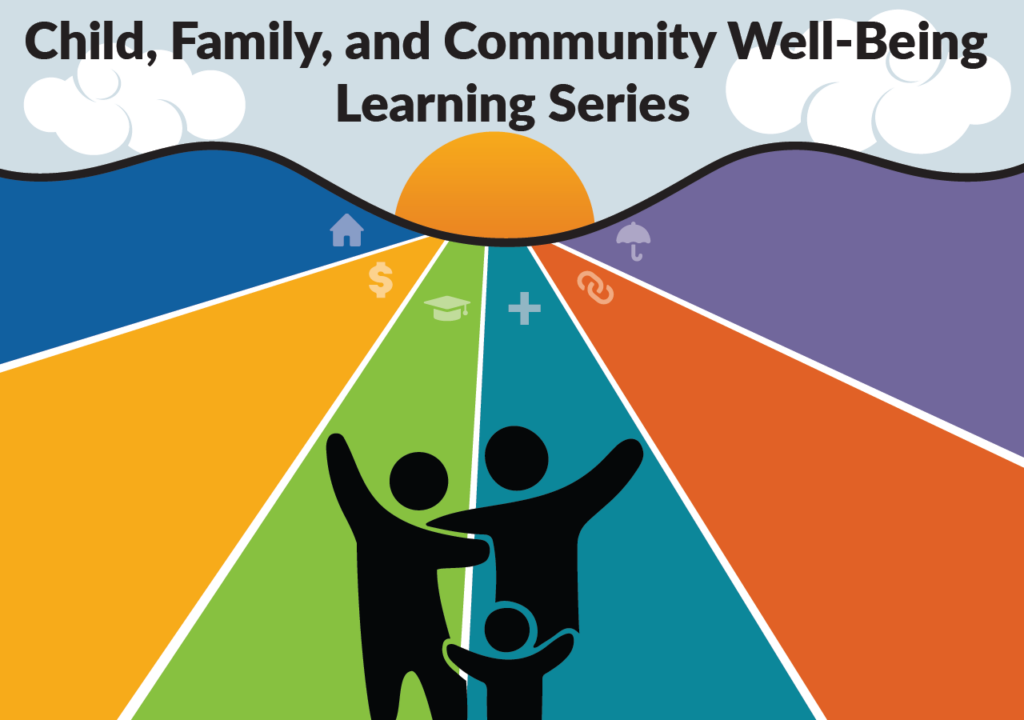
SERIES PRESENTERS
Presenters for the Child, Family, and Community Well-Being Learning Series are listed below in alphabetical order. Presenter information will be updated throughout the series.
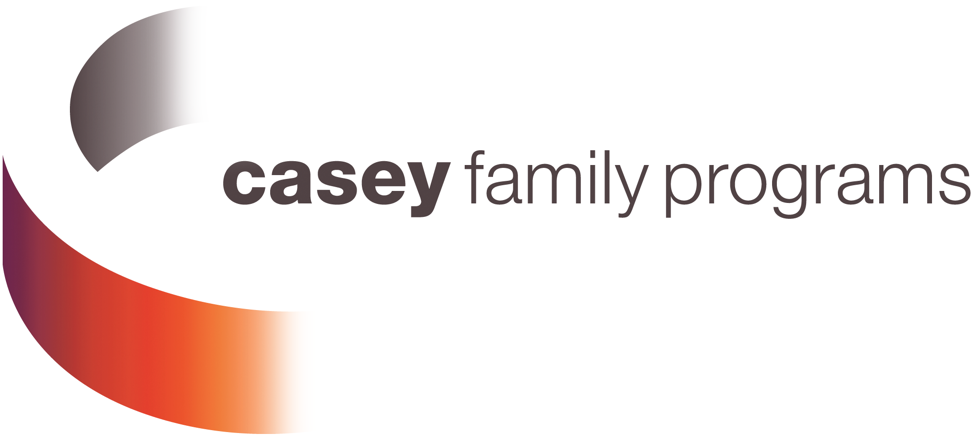
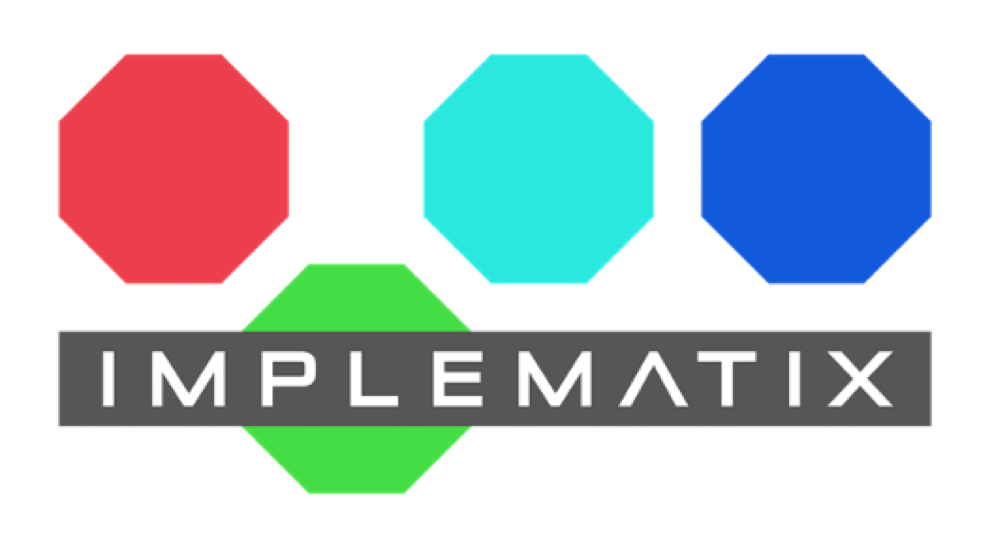
Alex Briscoe
Principal,
California Children’s Trust
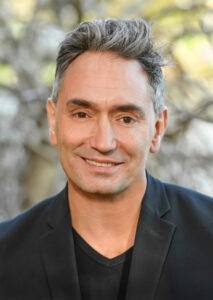
Alex Briscoe was appointed director of the Alameda County Health Care Services Agency in 2009 where he led one of the state’s largest public health systems, overseeing health and hospital systems, public health, behavioral health, and environmental health departments with an annual budget of $700 million and 6,200 FTE contracted and civil service staff. Before joining the county, he was the director of the Chappell Hayes Health Center at McClymonds High School in West Oakland, a satellite outpatient center of Children’s Hospital and Research Center. Mr. Briscoe’s work has helped design the nexus of public health and public education. He has designed and administered a number of mental health and physical health programs and services in child serving systems, including home visiting programs, programs for medically fragile children, and clinical and development programs in child welfare, juvenile justice, and early childhood settings. Mr. Briscoe has served on the Alameda County First Five Commission, The Alameda Alliance, and The Kaiser Commission on Medicaid and The Uninsured, as well as a number of other public and private boards and commissions. Mr. Briscoe is a mental health practitioner specializing in adolescent services and youth development. He has advised or collaborated with a number of local and national foundations including The Atlantic Philanthropies, The Robert Wood Johnson Foundation, The Annie E. Casey Foundation, The California Endowment, and most recently with Tipping Point Community. He has specialized in Medicaid policy and administration, emergency medical services, youth voice and crisis counseling, and safety net design and administration.
Ronald E. Brown, PhD
President & CEO,
Children’s Bureau of Southern California
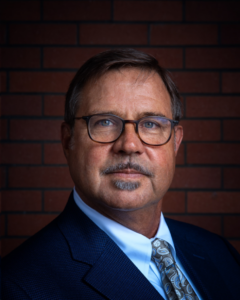
As Children’s Bureau’s President & CEO, Dr. Ronald E. Brown is responsible for all aspects of the $52 million nonprofit that operates 16 sites throughout Los Angeles and Orange County. Ron joined Children’s Bureau in 2000 where he managed the operations of Children’s Bureau’s foster care, adoption, mental health and child abuse prevention programs. Under his leadership, these program grants and contracts grew from $11 million to over $52 million annually and now serve more than 48,000 children and parents throughout Southern California. He has been an integral part of the development of Magnolia Community Initiative, Children’s Bureau’s collaborative effort of over 70 organizations seeking to improve the well-being of vulnerable families and community outcomes in a targeted area of Los Angeles. Prior to coming to Children’s Bureau, Ron’s background was in healthcare development and management. He holds a B.A. in Social Sciences from the University of California, Santa Barbara, an M.B.A. from California State University, Long Beach, and a Ph.D. in Public Policy and Administration from Walden University.
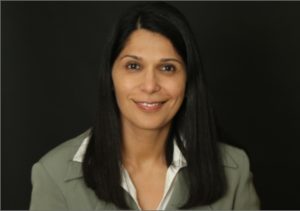
Khush Cooper, MSW, PhD. is an Adjunct Professor at the UCLA Luskin School of Public Affairs as well as the CEO of Implematix, a consulting firm serving public and private organizations in the areas of foster care reform, LGBTQ youth in systems, implementation science, and leadership development. Additionally, as a social entrepreneur and specialist in the study of implementation science, Dr. Cooper has cultivated long-standing relationships with policymakers, leading practitioners, and consumers to shield and guide California’s child welfare organizations, both public and private, through reform initiatives. She has deployed performance management systems for large multi-site child welfare and mental health provision organizations and designed implementation support and readiness initiatives for state and federal legislative mandates. She is an adjunct member of the Implementation Collaborative within Chapin Hall at the University of Chicago as well as CQI and implementation subject matter expert utilized widely by Casey Family Programs. She received her MSW (2000) and PhD (2010) in Social Work from Luskin.
Natalie Craver
Deputy Director, Office of Community Partnerships
DC Child and Family Services Agency
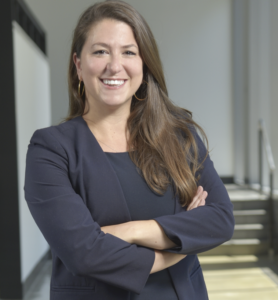
Natalie Craver serves as the Deputy Director for Office of Community Partnerships at DC’s Child and Family Services Agency. Craver oversees the Agency’s primary, secondary, and tertiary prevention strategies implemented through grants, contracts, and MOUs with community-based organizations and sister agency partners across District government’s health and human services cluster. Craver’s team is responsible for the implementation of the District’s five-year prevention plan, Putting Families First in DC, and the Agency’s work as a Thriving Families, Safer Children Round 2 jurisdiction to transform the District from a child welfare system to a child and family well-being system.
Prior to joining CFSA, Craver served as the Special Assistant to the Executive Director of the Housing Opportunities Commission of Montgomery County, MD (HOC). In this role, Craver was charged with the design, implementation, and supervision of an agency-wide Call Center and Customer Relationship Management (CRM) system to centralize and improve customer service for residents. Before joining HOC, Craver worked for DC’s Department of Human Services (DHS) where she lead an initiative designed to integrate the intake process, public benefits eligibility, and service delivery for families experiencing homelessness.
Craver earned both her BA in Human Services and Masters of Public Administration (Urban Geography) from The George Washington University. Craver is a certified 200-hour trauma-informed Registered Yoga Teacher.
Sharon K. Davis, DSW, MSW
Director, Community & Family Services
Connecticut Department of Children & Families
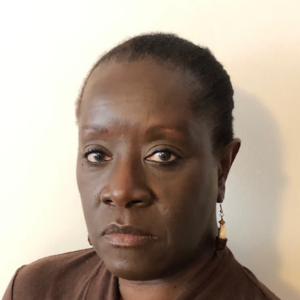
Sharon K. Davis, MSW, DSW, is the Community and Family Services Director. In that capacity, she provides the strategic direction and project management of Connecticut’s Family First Prevention Services Plan statewide, collaborating with department leadership, community programs, and families to develop and implement the approved prevention services goals and plans. Before joining Connecticut’s DCF, Sharon served as the Statewide Coordinator of Care Coordination and Clinical Integration for the New York State Office of Addiction Services and Supports (OASAS). Her responsibilities then included overseeing the integration of medication-assisted treatment in behavioral health services to address the Opioid Epidemic. Additionally, she co-chaired a subcommittee as part of the New York Statewide System Reform Program Steering Committee, tasked with identifying evidence-based practices (EBP) to inform child welfare and substance use disorder (SUD) treatment interventions/approaches suitable for Family Treatment Court participants. She also served as the Agency liaison for the Credentialed Alcoholism and Substance Abuse Counselor (CASAC) Co-Location Program, supervising SUD treatment providers placed in local New York City Administration for Children Services Offices who provided on-site alcohol and substance use evaluations, drug testing, and referrals to engage families in treatment.
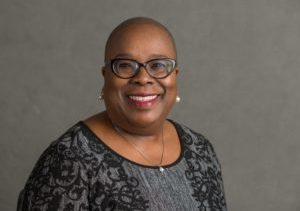
Yolanda Green-Rogers works with public and private child welfare agencies across the country on the implementation of continuous quality improvement (CQI) practices that support performance monitoring and decision-making. Green-Rogers conducts assessments of CQI processes, makes recommendations to leaders on using CQI to achieve priority outcomes, and delivers training and coaching to increase staff capacity to operationalize CQI principles. Green-Rogers is a leader in Chapin Hall’s efforts to enhance the capacity of child welfare leaders and CQI practitioners to monitor and manage their efforts to deliver services that are high quality, high impact, culturally responsive, and community led.
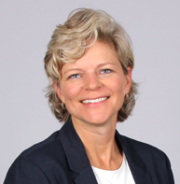
Dr. Leanne Heaton is a Senior Researcher and Data Manager at Chapin Hall at the University of Chicago. She serves as the Principal Investigator and/or Research and Evaluation Lead on several state-funded human services public policy initiatives, and supervises a team of researchers and analysts. In this capacity, she advises human service administrators on their use of research, evaluation, and data to inform development, implementation, and monitoring of public policies to improve outcomes for vulnerable children, youth, and families. Dr. Heaton provides guidance to state child welfare agencies implementing the Continuous Quality Improvement (CQI) provisions of the Family First Prevention Services Act and serves as a Child and Family Services Review (CFSR) subject-matter expert. She provides guidance on multiple evaluation projects within child welfare and juvenile justice systems.
Kathryn Icenhower, PhD, LCSW
CEO, SHIELDS for Families
Co-Chair, Prevention & Early Intervention Committee, CWC
Co-Chair, California FFPS Advisory Committee
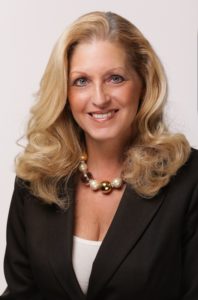
Kathryn Icenhower, PhD, LCSW is the Chief Executive Officer of SHIELDS for Families, a private non-profit organization that offers over 30 programs for families who reside in South Los Angeles. Since Dr. Icenhower co-founded SHIELDS in 1991, the organization has grown to employ over 300 staff with a $30 million-dollar annual budget to provide comprehensive services to more than 20,000 families annually. Kathryn received her BSSW from Ohio State University and her MSW and PhD from the University of Southern California. Dr. Icenhower sits on numerous local, state, and federal coalitions and advisory boards, including a federal appointment to the Advisory Committee for Women’s Services (ACWS) and the Maternal Mental Health Task Force for the Substance Abuse and Mental Health Services Administration (SAMHSA); the California State Child Welfare Council where she serves as Co-Chair of the Prevention and Early Intervention Committee; and Co-Chair of the State’s Family First Prevention Services Advisory Committee.
Stephanie Inyama, MBA, PMP
Consultant, Implematix
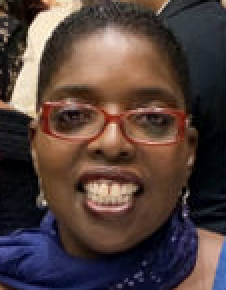
Stephanie is a seasoned Organizational & Community Consultant with extensive experience in both corporate and social sectors. Over the past three decades, she has been instrumental in enhancing various human services programs, particularly focusing on child welfare and homeless delivery systems.
Her expertise in project management, program development, community engagement, and advocacy has been skillfully applied to benefit numerous organizations, communities, and government entities throughout California. Stephanie is widely recognized for her ability to unite diverse stakeholders, including transition-age youth, community providers, government agencies, law enforcement, and first responders, fostering collaborations that drive positive change.
Edward M. Jones
Vice President
Programs and Philanthropic Advising Services, ABFE – A Philanthropic Partnership for Black Communities
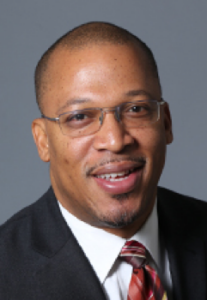
Edward Jones is the Vice President of Programs and Philanthropic Advising Services at ABFE – A Philanthropic Partnership for Black Communities, where he deeply embraces the organization’s vision. In his role, he leads philanthropic professional development & convening activities as well as supports the design and implementation of the organization’s racial justice and equity program initiatives for over 900+ members and partners across the globe. Prior to joining ABFE, he was the Director of Conference Programming at the Council on Foundations. Edward is a founding member of Black Benefactors, a social investment club/giving circle comprised of individuals, local businesses and organizations that are dedicated to addressing the societal ills facing Black people in the DC region. He is also a founding member of Black Philanthropic Alliance and board member of Us Helping Us, People into Living, Inc. a regionally-focused HIV/AIDS prevention, treatment, overall health and well-being organization. Jones also serves on the board member of The Weissberg Foundation. Additionally, he serves on the Washington Regional Association of Grantmakers Racial Equity Working Group, is a founding member of his churches Justice League. Edward is a commissioner of Mayor Muriel Bowser’s Serve DC Commission for volunteerism. Edward is a graduate of the University of Akron, OH.
Richard Knecht, MS
Integrated Services Advisor, CDSS
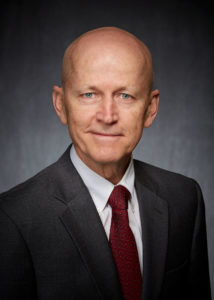
Richard Knecht has delivered program operations, leadership, strategic planning and training services to public and private healthcare and human service systems for more than 32 years. He presently provides consultation and technical assistance to CDSS and their partners as they implement interagency and cross-sector practice initiatives, including Continuum of Care Reform, the state’s Integrated Core Practice Model guide, and AB 2083 System of Care. Prior to consulting, Richard led Placer County’s Children’s System of Care for a decade. He is the author of two children’s books, the latest, “Scary, But Not Very” helps parents explore trauma with young children.
Hillary Konrad
Bureau Chief
Office of Child Abuse Prevention,
California Department of Social Services
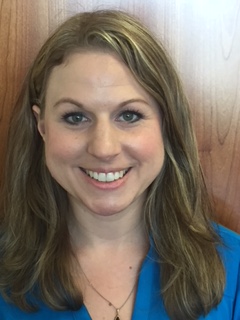
Hillary Konrad is the Bureau Chief within the Office of Child Abuse Prevention (OCAP) of the California Department of Social Services. Hillary joined the Department in 2015 as an analyst working in the Prevention Network Development Unit. Prior to state service, she was providing direct services to families as a child welfare case worker and worked for non-profits and private entities in the human services industry. She is passionate about providing technical assistance to build a more integrated and collaborative prevention continuum of care.
Alex Morales, MSW
Prevention Mindset Institute Mindset
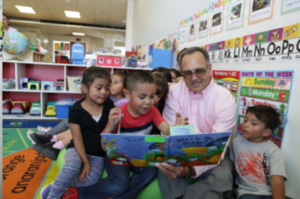
Alex Morales recently retired in January of 2018 as President and Chief Executive Officer of Children’s Bureau of Southern California, a non-profit leader in the prevention and treatment of child abuse, mental health, family support, child development, and community building that has served Southern California since 1904. Under Alex’s leadership, Children’s Bureau formed an ambitious, visionary plan to create a national model: the Magnolia Community Initiative in Los Angeles. MCI seeks to help ALL of the 35,000 children and youth within 500 blocks, achieve success in education, health, and receive nurturing care and economic stability from their families and community.
Even though Alex has retired as CEO, he has not retired from working to make a difference. Alex continues as an advocate for primary prevention and community wellness at the local, state, and national level. Alex is a consultant with the Prevention Mindset Institute that is hosted by the FRIENDS National Center to help pioneering states across the country advance their community wellness and prevention initiatives. He is an active member on the Citizen Review Panel for California Office of Child Abuse Prevention. He is a consultant on a collective impact initiative to increase recruitment and support of foster families for Los Angeles County. He serves on the board of directors of the Child Welfare League of America.
Alex has a Masters degree in social work from University of Southern California and a Bachelor of Arts degree in physics.
Alex has been recognized for many of his contributions: 2018 California Social Welfare Archives George D. Nickel Award for Outstanding Professional Services by a Social Worker; 2014 Annenberg Foundation – Visionary Leader; 2014 James Irvine Foundation Leadership Award Finalist; and 2008 Social Worker of the Year, Los Angeles Region of the National Association of Social Workers.
Both of Alex’s parents immigrated to the United States from Mexico. Alex likes to say he had great parents, but the real question is what made them great? He is driven by the fact that so many others and organizations helped make them great.
Ken Mysogland, MSW
Bureau Chief of External Affairs
Connecticut Department of Children & Families
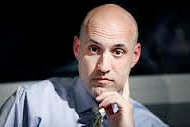
While growing up in a family with 8 adopted brothers and sisters, Ken Mysogland has witnessed the negative effects of childhood trauma on a first-hand basis. Due to these experiences, his decision to follow his passion to work in Child Protective Services became quite easy.
For the past 33 years, Ken has worked for the State of Connecticut Department of Children and Families. He currently holds the position of Bureau Chief of External Affairs. As an Executive Team member, his responsibilities include oversight of the Department’s Communications Division, Office of Community Relations and enhancing the Department’s Prevention framework which includes implementation of the Family First Prevention Services Act (FFPSA) plan of which he was co-lead in the development.
After beginning his career as a front-line Social Worker, Ken is the only member in the history of the Department to be appointed to the Director of four statewide positions: The Academy for Workforce Development, Child Abuse and Neglect Careline, the Office of Foster Care and Adoption and the Office of the Ombudsman.
Ken is also member of the state’s Child Fatality Review Panel and previously conducted Special Qualitative Reviews for the Department after a child fatality, documenting findings to enhance best case practice across Connecticut in honor of the child’s legacy.
Ken has spoken on a national level regarding his knowledge and experience with kinship care. He has presented in 8 different states and was honored to give keynote addresses in both Indiana and Michigan. He has written three articles regarding his work.
Ken has also acted as a consultant to the public Child Protective Services Agencies in the District of Columbia and State of Rhode Island.
He received his Master’s in Social Work Degree from Columbia University and has been on the faculty at both Sacred Heart University for the past 26 years and Post University for approximately 12 years.
Ken has a wonderful wife, Michele, two children, Emily and Scott, and a step-son named Evan.
Jennifer O’Brien, MS
Policy Fellow,
Chapin Hall at the University of Chicago
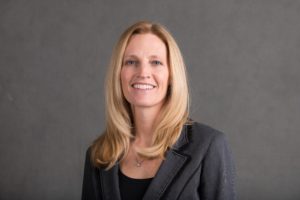
Jennifer O’Brien is a Policy Fellow at Chapin Hall at the University of Chicago. O’Brien provides implementation and capacity building assistance to multiple public and private child welfare agencies across the country. Her work focuses on conducting readiness assessments and developing initial implementation plans for the Family First Prevention Services Act (FFPSA); supporting Title IV-E waiver jurisdictions; designing and implementing practice models; developing governance structures, data dashboards, implementation plans, data management systems, and strategic plans; collaborating across systems; selecting evidence-based interventions; and training agency staff and stakeholders.
Jon Pedigo
Community Engagement Strategy Consultant
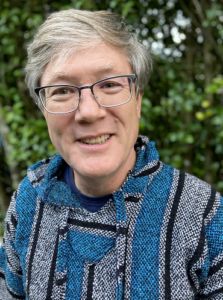
Jon Pedigo, STL, is the Director of Advocacy and Community Engagement for Catholic Charities of Santa Clara County. Jon has been acknowledged as a social justice advocate for immigrants and social change by many local and inter-faith organizations and received commendations from the Board of Supervisors Santa Clara County, City of San José, and California State Assembly for his work in social justice.
He is a 2012 Rockwood Fellow for Immigrant Leaders in California and a Senior Fellow for the American Leadership Forum (ALF).
Christine Stoner-Mertz, LCSW
CEO, California Alliance of Child and Family Services and Catalyst Center
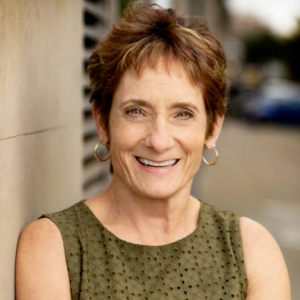
Christine Stoner-Mertz, CEO, leads the California Alliance of Child and Family Services and its Catalyst Center and with the Board of Directors, drives the mission and vision for the organization. A licensed clinical social worker, Chris came to the Alliance in 2019 after being President and CEO of Lincoln Families in Oakland, a California Alliance member agency delivering behavioral health and family strengthening services in the San Francisco Bay area. Since 2005, she led the organization through a transformational period, moving from a residentially-based services focus to designing an array of culturally responsive community and school-based services for children and youth ages 0-21. Her deep commitment to equity is reflected in the transformation of services at Lincoln.
Chris received her MSW from the University of Michigan and began her career in California in 1985, as co-founder of Seneca Center, now the Seneca Family of Agencies, where she was instrumental in the development of programs and oversight of operations for 15 years.
She also founded inFocus Consulting and Development, LLC, providing consultation to over 50 private behavioral healthcare providers as well as the California State Department of Mental Health, various county departments of mental health and social services, and to school districts. As a sought-after expert on MediCal EPSDT program design and implementation, Chris developed the Medi-Cal Specialty Mental Health Services Manual.
She has served on the board of directors of the California Alliance, the California Council of Community Behavioral Health Agencies, the National Council of Mental Wellbeing, and has been the recipient of numerous service and leadership awards during her career, including the Jefferson Award for Public Service.
Krista Thomas, MSW, PhD
Senior Policy Fellow,
Chapin Hall at the University of Chicago
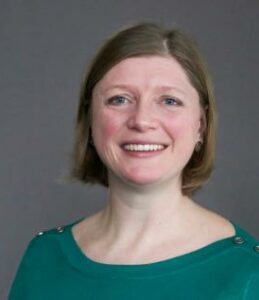
Dr. Krista Thomas is a Policy Fellow at Chapin Hall. Thomas leads blended teams of policy, practice, and research experts in efforts to build the capacity of state and local human service systems across the country to execute large-scale reform initiatives and improve outcomes for children and families facing adversity. Leveraging opportunities like the Family First Prevention Services Act, Thomas partners with human service leaders to identify a set of priority outcomes, articulate a set of strategies to improve performance, execute their implementation, and monitor their effectiveness. Her areas of expertise include federal child welfare policy, programs, and monitoring; large-scale child welfare performance improvement at the state and local level; strategic planning; evidence use in decision-making; implementation; continuous quality improvement; and differential response in child welfare.
Prior to coming to Chapin Hall, Thomas served for over a decade in the U.S. Department of Health and Human Services, Administration for Children and Families, Children’s Bureau in both regional and national offices. As a federal child welfare specialist, Thomas monitored and supported numerous states in both federally-mandated and state-driven child welfare program improvement efforts, strategic planning, and implementation of evidence-based practices.
Thomas holds a Ph.D. in Social Work from the University of Illinois at Chicago, a Master of Social Work degree from Washington University in St. Louis, and Bachelor of Arts from Knox College in Galesburg, Illinois.
Cheryl Treadwell
Branch Chief, Safety, Prevention, and Early Intervention, California Department of Social Services
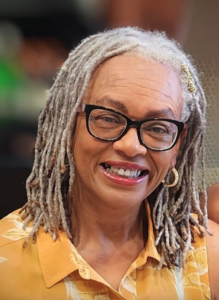
Cheryl Treadwell has 24 years of career experience working at the Department of Social Services in the Children and Family Services Division, on several programs and initiatives that impact providers, resource families, foster youth and tribes, and most recently her Branch leads the implementation efforts of Part One of the Family First Prevention Services Act. As the Chief of the Safety, Prevention and Early Intervention Branch her staff are responsible for oversight of programs and policies focused on the front end of the child welfare system’s continuum built on prevention framework. Her education spans both the social work and legal field along with her extensive experience working in the community and in the human services for more than 30 years.
Cheryl has worked closely on several initiatives over the years such as wraparound, systems integration, advancing the developmental screening of all young children, working with tribes and implemented California’s first federal child welfare waiver demonstration project. She is the proud mother of three wonderful adult children, fraternal twins Zeric and Genesis, age 40 and Elijah, age 29 who are the impetus behind her work in the human services field and her commitment to serve the underserved and less fortunate. She has experience as a foster and adoptive parent and continues to be strong advocate for persons with intellectual disabilities, volunteers in her community and church, and loves to hike.
Heather Waters, LCSW
Director of Complex Children and Family Services, Inland Empire Health Plan (IEHP)
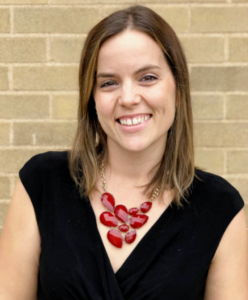
As a Director at IEHP, Heather oversees the behavioral health and case management benefits for youth under the age of 21 as well as pregnant and postpartum mothers for Inland Empire Health Care. She has the pleasure of overseeing the California Children’s Services (CCS) benefits, Foster Care benefits, Autism and related services, Complex Behavioral Health, and Maternal Health services for over 750,000 members. She has over 15 years of experience working with youth and families and shares a passion for ensuring all children have access to the best services possible.
Christopher Williams, Ed.L.D., MSW
Director of School-Based Mental Health and Wellness, Sacramento County Office of Education
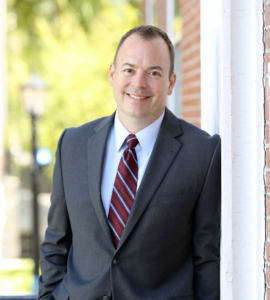
Dr. Christopher Williams is the Director of School-Based Mental Health and Wellness at the Sacramento County Office of Education. He leads a team intent on bringing the health and education systems together as partners to create a continuum of care for mental health and wellness throughout Sacramento County. The team’s mission is to intervene as early as possible to: eliminate the school-to-prison pipeline, reduce the number of ‘system- involved’ adults and adolescents, and mitigate the onset and impact of mental health disorders in Sacramento County.
Before relocating to the west coast, Chris was a founder and Executive Director of P2L: Pathways to Leadership as well as the Vice President of Social Emotional Learning for The Leadership Program, both in New York City. Chris’ work there centered on students who were at risk of dropping out, focusing on altering the trajectory of their lives.
For close to 20 years, Chris has been involved in education and youth development. He served on the Supervisory Roundtable for Mayor Michael Bloomberg’s Task Force on Chronic Absenteeism, Truancy and School Engagement, and he currently sits on the Sacramento County Mental Health Services Act Steering Committee, California State Student Mental Health Policy Workgroup, and the California State Student Attendance Review Board (SARB). He is a co-author of the RISE Program for Dropout Prevention and Attendance Improvement, and the SOAR approach to classroom management.
Chris has taught at Columbia University, NYU, and Harvard where he was awarded the Excellence in Teaching distinction. He has been a featured speaker at national and international conferences on education and social work, including the International Conference on Biopsychosocial Interventions in Educational Contexts, in Chile. He holds a master’s degree in Social Work from New York University and a Doctorate in Education Leadership from Harvard Graduate School of Education. He currently lives in Roseville, with his wife, 2 boys, and Lexie: a 75 lb. rescue shepherd-mutt whose goal in life is to be a lap dog.
Junious Williams, JD
Senior Advisor, The Collective Impact Forum
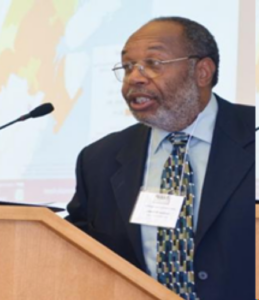
Mr. Williams is the principal of Junious Williams Consulting, Inc. (JWC), a firm specializing in collaboration design, facilitation, and program and strategy development focused on increasing equity and social justice. He has worked extensively over the past 30 years on a variety of multi-stakeholder, multi-sector collaborations and collective impact initiatives providing guidance and support for efforts addressing social issues ranging from full-service community schools to cradle-to-career pathways; from opportunity youth education and employment to improving outcomes for boys and men of color. He is currently a senior advisor to the Collective Impact Forum. He recently co-authored an article on “Centering Equity in Collective Impact” in the Stanford Social Innovation Review. He holds a Juris Doctorate and a bachelor’s degree in sociology from the University of Michigan, where he also pursued graduate studies in education administration.
Nicole Yohalem, M.Ed.
Director, Knowledge Management,
Casey Family Programs
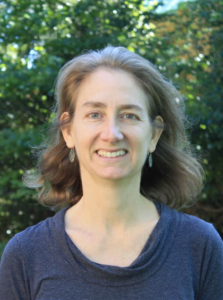
Nicole is Director of Knowledge Management at Casey Family Programs, the nation’s largest operating foundation focused on safely reducing the need for foster care in the United States. Nicole began her career as a youth worker in Southeastern Michigan, and has since worked in a variety of roles in the youth development and education fields at the local, state and national levels. Prior to joining Casey Family Programs, she served as Opportunity Youth Director for a regional collective impact effort in South King County, Washington. She spent 13 years at the Forum for Youth Investment, leading work related to youth engagement, research-practice partnerships, and improving youth program quality. Nicole earned her undergraduate degree in English from the University of Michigan and her MEd in Risk and Prevention from the Harvard Graduate School of Education.
